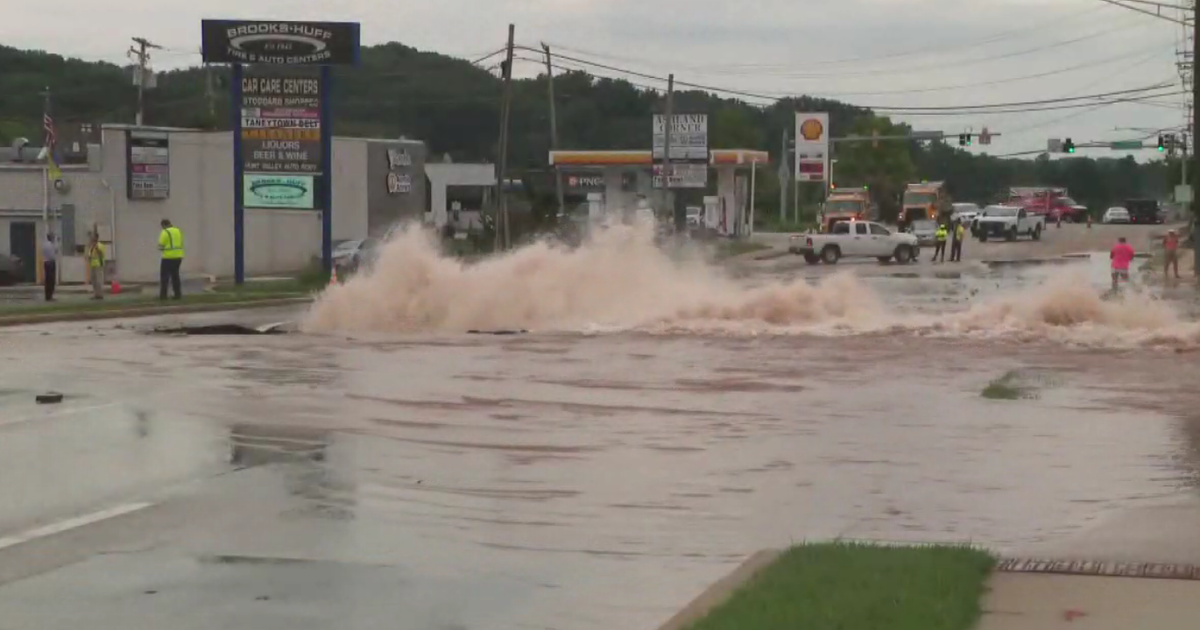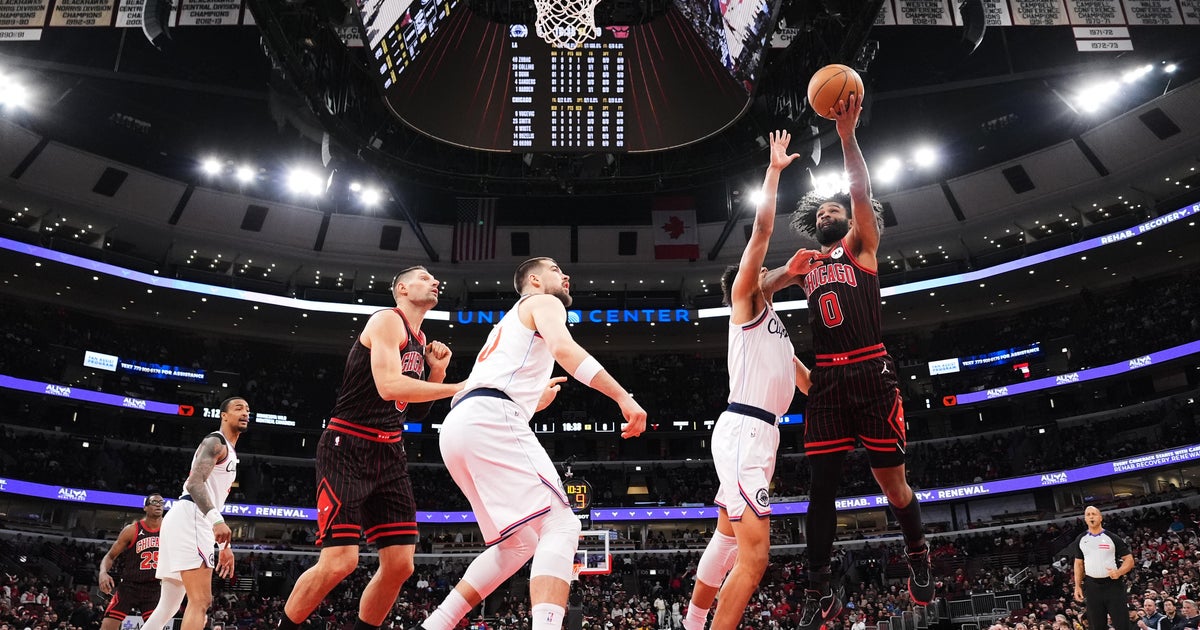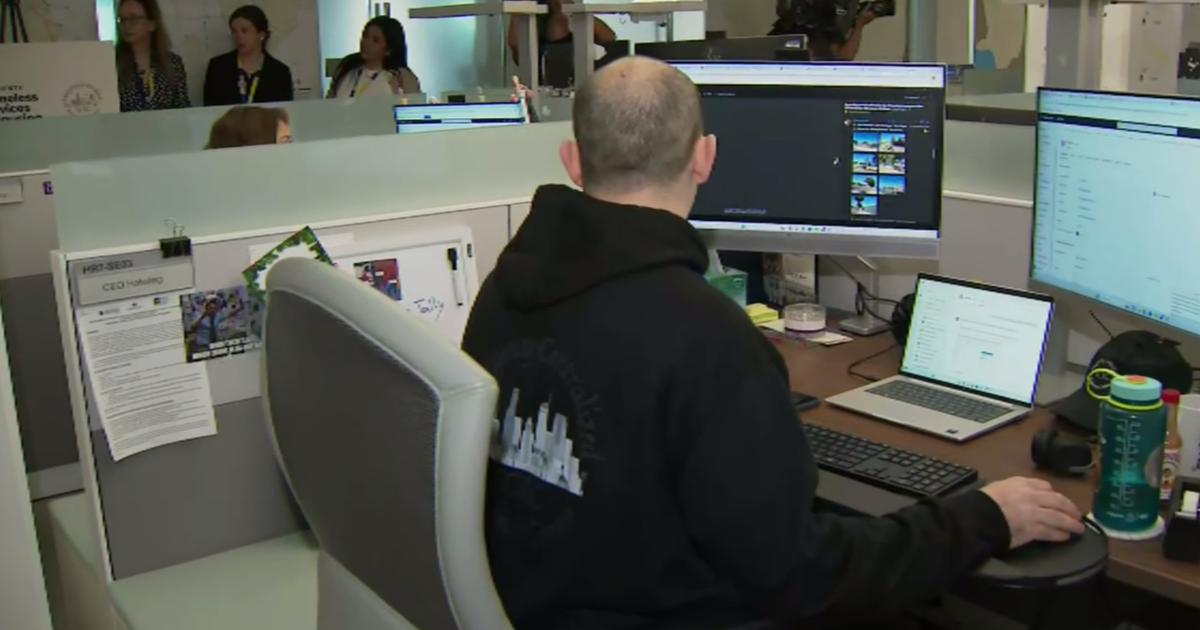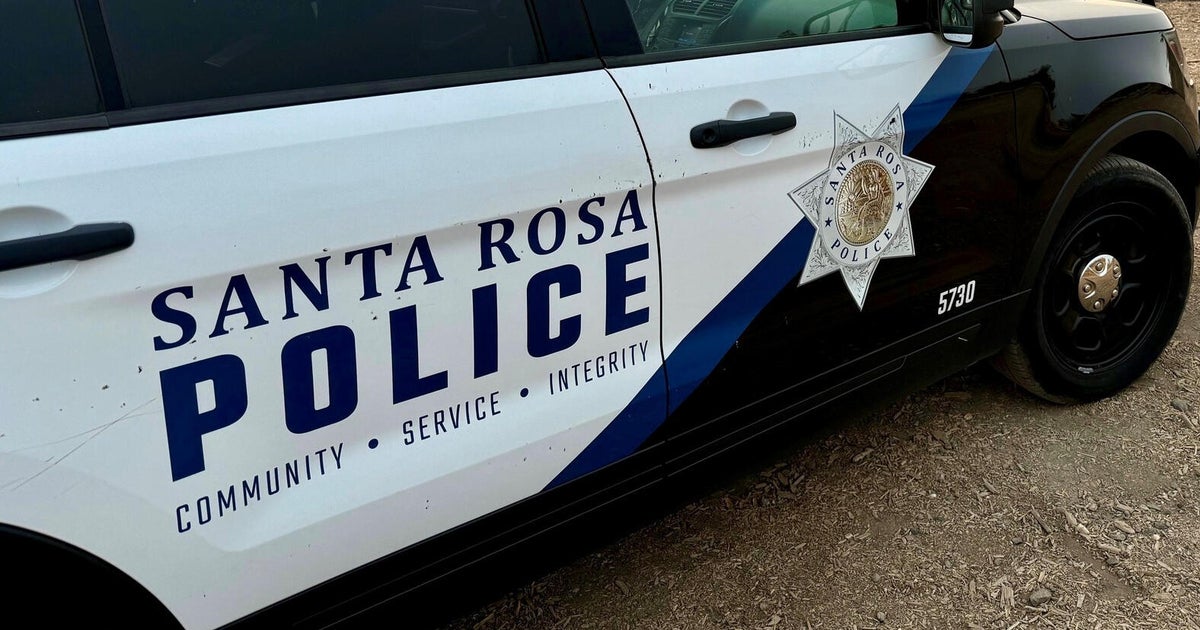Cyber Monday: Companies aim to deliver record-breaking online sales faster than ever
Shoppers looking to score Cyber Monday deals are expected to spend a record $9.4 billion online today. It comes after Black Friday's record-setting $7.4 billion in cyber sales.
All of those online purchases have led to a surge in deliveries, leaving cities across the country dealing with millions of packages. The Los Angeles, Chicago and New York areas received the most deliveries last year. In New York, that translated to about 3.6 million packages every day.
With online shopping now accounting for roughly 10% of retail purchases, companies are working hard to deliver packages faster than ever — and with the changing delivery landscape, there are some growing pains.
Amazon is expected to deliver at least three billion packages this year, and they have company; FedEx plans to haul more than 33 million packages today, Cyber Monday, and UPS expects to move more than 32 million goods per day between Thanksgiving and Christmas.
"We like to think of ourselves as sort of Santa's workshop here this time of year," said Dave Clark, Amazon's senior VP of worldwide operations. He said that workshop is cranking out packages faster than ever, with billions delivered in as little as one day.
Correspondent Mola Lenghi asked, "Why one-day? Was two-day not fast enough?"
"No customer is ever going to say, 'Please deliver that to me slower,'" Clark replied.
To meet delivery demands, Amazon is increasing their deployment this holiday season, with about 50,000 delivery vehicles.
But that demand can lead to overrun mail rooms, and packages spilling onto city streets.
Anne Goodchild, the director of Supply Chain Transport & Logistics at the University of Washington, says the delivery side of e-commerce is a work in progress.
"Do we want public space to be used as, like, a temporary distribution center? I don't think we do," she said.
"We hear stories about mailrooms that are just sort of flooding with packages," said Lenghi.
"These changes are happening so quickly that sometimes the buildings and the vehicles are catching up to the changes that are happening on the consumer side," Goodchild said.
Clark insists the current delivery model means fewer vehicles on the roads: "What you're seeing is one delivery van packed full with packages, instead of 100 or 200 or 300 cars on the road with a customer going to a store and coming back with one package," he said.
Goodchild agrees, to an extent: "Delivery services have the potential to be kind of like a big, shared vehicle that does better than the status quo," she said. "The faster you make that request, the harder it is for that delivery company to be efficient. The total impact has a lot to do with the details: How quickly did you have it delivered? Where did it come from?"
Despite increasing delivery demands, Amazon, UPS and FedEx tell CBS News they are focusing on cutting down their carbon footprints. The companies all have eco-friendly vehicles in their fleets. At UPS, there are more than 10,000 of them.







